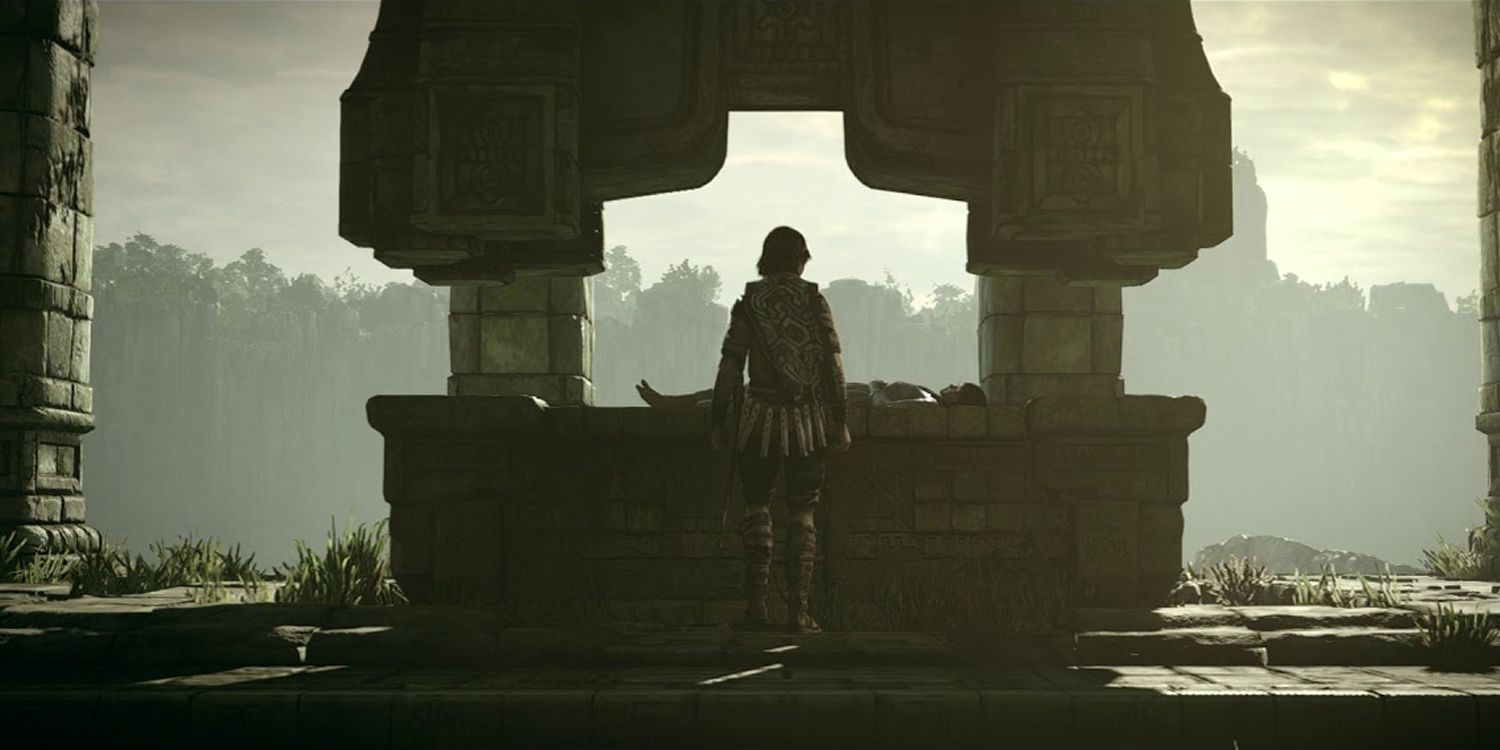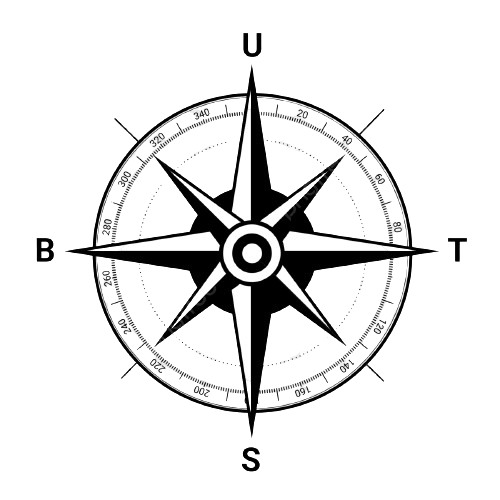
In discussions of “video games as art”, Shadow of the Colossus is repeatedly cited as one of the best examples. Released in 2005 for the PlayStation 2 and remade in 2018 for the PS4, Team Ico’s game is a spiritual successor and possible prequel to the first game, Ico. Considered a masterclass in game design, Colossus offers a perfect blend of mechanics and presentation. One of the most striking aspects of the game is that its widely praised story is told almost entirely without dialogue.
Shadow of the Colossus is a bittersweet cautionary tale, with moral conflicts that slowly become clear as the game progresses. It begins with a young man named Wander and his horse Agro. The two make their way through the wilderness to the ruins of an ancient temple in a beautiful but barren landscape, which later turns out to be forbidden land. At the center of the temple is an altar, on which Wander places Agro’s cargo, wrapped in precious cloth, the body of a young princess named Mono.
Wander attracts the attention of a shadowy figure, but he fends it off with the ancient sword he was carrying. From within the temple comes a voice calling itself Dormin. Wander negotiates with Dormin, asking him to bring Mono back to life. Dormin says this is possible if Wander slays the creatures called Colossi that inhabit the land and destroys the temple idol. With the Relic Sword, this is possible, but Dormin warns Wander that he will pay a terrible price for it.
This is the beginning of the game, where the player must defeat the first Colossus. First, Wander encounters an aggressive humanoid Colossus. But every time he kills a Colossus, a fearsome yet beautiful giant, it feels wrong. Not all Colossi turn out to be hostile; some are small, benevolent creatures; Wander must actively slay the peacefully grazing Goliaths. The gameplay is incredibly satisfying, but it never fades the feeling that the player has destroyed something special.

To further emphasize this point, every time Wander kills a Colossus, black vines shoot out from the fallen prey and he dives into it. He loses consciousness and awakens at the Temple’s Altar of the Thing, where another idol crumbles into rubble before he departs again. After killing many Colossi, it becomes clear that the forces of shadow are negatively influencing Wander: his clothes are torn to shreds, his skin is pale with visible veins, and his eyes are glassy.
It turns out that Wander is being pursued by a shaman named Lord Emon and a group of his minions. They want to stop Wander from destroying the Colossi. These demons were an ancient magic designed to split and imprison a being known as Dormin. Mono was a virgin sacrificed to avoid a “cursed fate”. Enraged by her death, Wander stole the Relic Sword. He knew that the Forbidden Land contained the power to resurrect Mono, but did not understand what was at stake.
Driven by his unwavering devotion to Mono, Wander was finally able to destroy all the Colossi. Lord Emon and his men are late. Wander reappears, but is completely damaged and has horns. He tries to approach Mono, but is attacked by Emon’s men. Wander is filled with inhuman strength and only falls when he is stabbed through the heart.
However, this is the last seal Dormin has, and Dormin possesses Wander’s body, transforming into a shadowy form. Emon successfully throws the magic sword into the temple’s pond, triggering a magical reaction that creates a swirling pillar of light. Emon and his remaining men flee as the path to the Forbidden Land collapses behind them. Emon regrets the outcome and hopes that if Wonder somehow survives, he will be able to atone for his selfish sins.
Mono returns to the temple and awakens alone in the Forbidden Land. Despite destroying Wonder, it seems Dormin has kept his promise. Together with Wander’s horse Agro, Mono explores the picturesque but lonely prison. Mono discovers a horned boy in the pool where Wander is swallowed. Mono takes the child and the game ends with the trio discovering the temple’s hidden gardens.
Shadow of the Colossus shows the consequences of doing the wrong thing despite good intentions. Putting yourself in Wander’s shoes, you can’t help but empathize with his desire to bring Mono, a human who was needlessly killed, back to life. But the sacrifices Wander made and the limits he had to overcome to bring Mono back to life make his deal with Dormin questionable at best. In the end he pulled it off, but was it worth it?

Leave a Reply